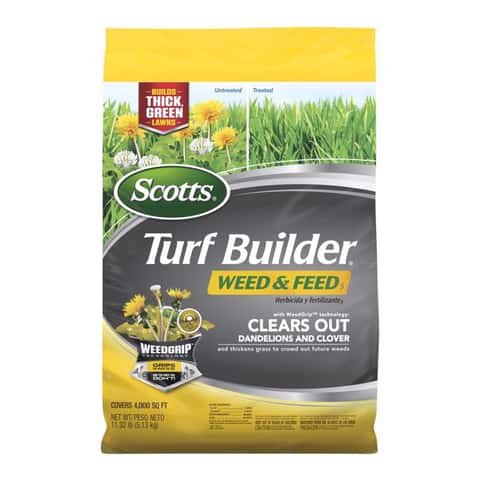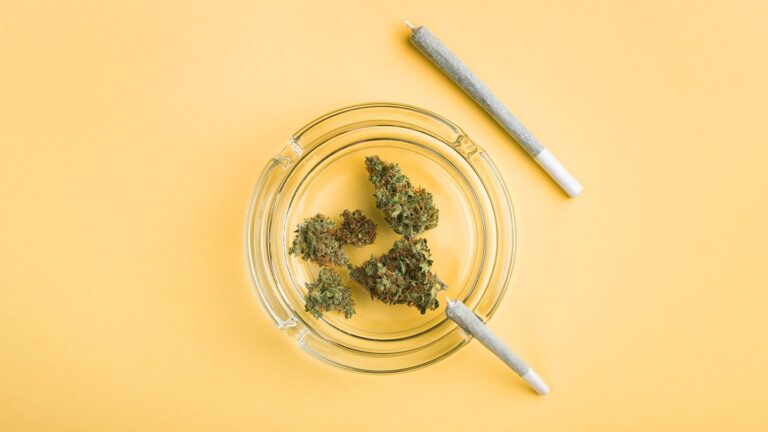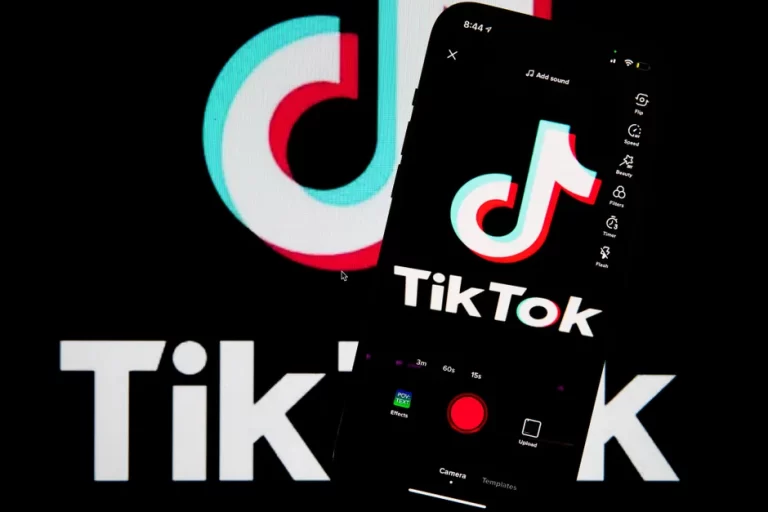
Cannabidiol, or CBD, has exploded in popularity as the health industry’s “it” ingredient since the 2018 Hemp Farm Act allowed goods produced from hemp. CBD products are widely available, being sold everywhere, from health food stores and online hemp store to specialty pet stores. Many coffee shops even provide CBD-infused beverages like juices and lattes.
Just how fantastic might it be, exactly? Despite CBD’s widespread promotion as a miracle medication capable of calming anxious minds to easing persistent pain, the reality is much more nuanced.
Here are some things to think about before buying and using CBD:
Get familiar with cannabidiol (CBD) and how it functions in the body:
CBD comes from the cannabis plant, a flowering genus that includes marijuana and cannabis. Delta-9-tetrahydrocannabinol, or THC, is another cannabinoid found in cannabis. This gives you that “high” feeling when you smoke a joint or eat some cannabis brownies.
Yet, not all marijuana plants produce intoxicating effects. That’s because certain strains have higher concentrations of CBD or THC, while others have the opposite problem. Marijuana, a subspecies of the cannabis plant, has a high concentration of THC in and of itself. In contrast, hemp has trace levels of THC and high concentrations of CBD.
CBD’s potential to alleviate a wide variety of symptoms stems from the fact that it interacts so readily with the endocannabinoids that control such diverse functions as memory, hunger, sleep, immunological response, and mood.
Compare studies to CBD claims:
The critical word here is “may,” but a growing body of research, an abundance of anecdotal evidence, and a viral word-of-mouth phenomenon all point to CBD’s potential usefulness in treating various health ailments.
Among the many potential uses for the chemical found in cannabis are:
- An analgesic
- An analgesic used to relieve muscular tension and discomfort
- Medication for treating anxiety
- A drug used to treat psychosis and stop the hallucinations and delusions that may accompany it.
- Potentially reduces insulin resistance
- To combat bacterial infections, an antibacterial agent
Find a cannabidiol-savvy doctor to check dose and medicine interactions:
CBD is medicine even though it is extracted from a plant. Therefore, there may be unintended consequences associated with its usage. Finding a doctor who can adequately advise you on how to use CBD for its purported advantages is essential. The potential for CBD to interact with other drugs is the primary source of safety worry among specialists.







